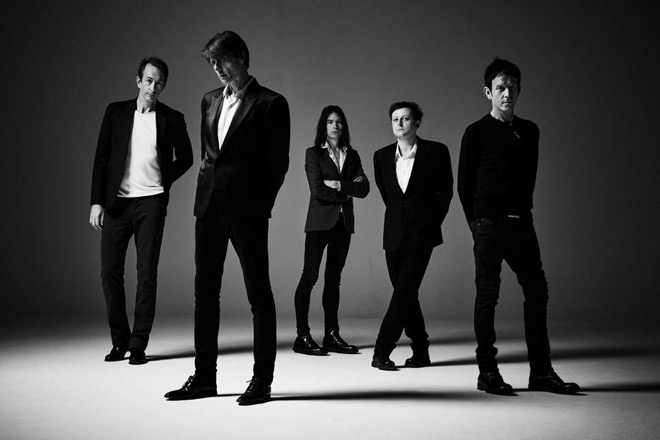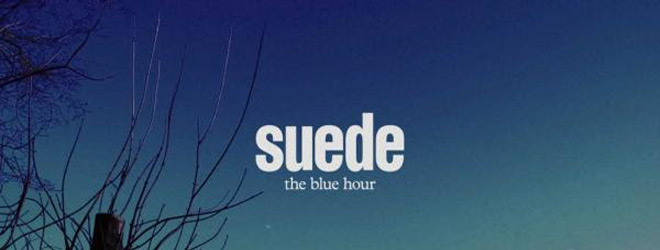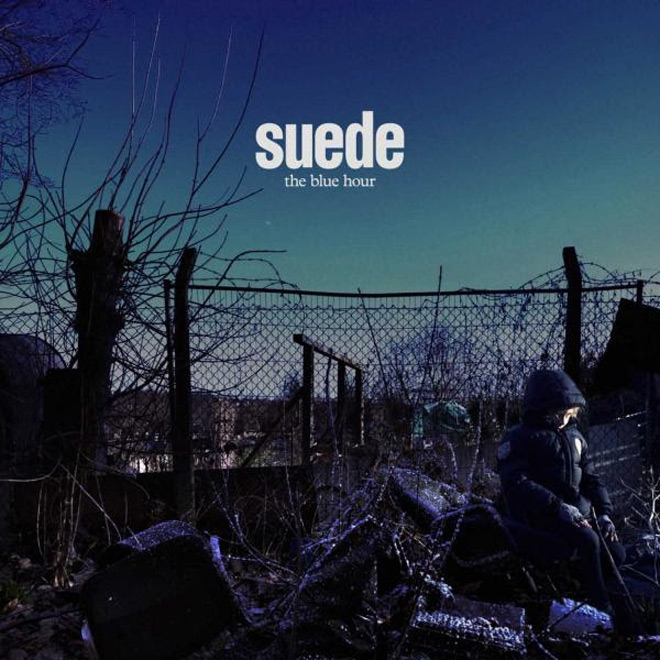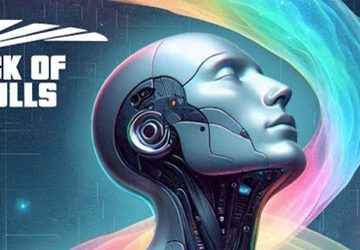
Formed in 1989, in London, England – comprised currently by Brett Anderson (vocals), Richard Oakes (guitars), Simon Gilbert (drums), Mat Osman (bass), Neil Codling (keyboards, guitars, synthesizers) – Suede seem to be in a high trajectory since their re-formation in 2010. In this decade alone, the quintet has already come up with three full-lengths – 2013’s Bloodsports, 2016’s Night Thoughts, and the latest, titled The Blue Hour.
Released on Friday, September 21, 2018, on Rhino/Warner Records, Suede’s eighth studio album builds up on the cinematic landscape of its direct predecessor. While Anderson’s sexy and brooding vocal swagger has remained captivating as usual, the music has become markedly darker, atmospheric, and progressive. The Blue Hour opens with “As One,” whose instrumentation and melodies delve on Eastern Gothic World music – eerie, expansive, and epic. The same sinister yet romantic mood continues with “Wastelands” and “Mistress,” where Oakes’s trademark wiry guitar sound slowly gets back into the groove. “Beyond the Outskirts” then plunges the listener onto an even deeper plane of introspection, subtly harking to the fraught sound of Suede on 1994’s Dog Man Star.
By “Chalk Circles,” Suede is full-on theatrical Neoclassical Gothic – the cold, sparse string orchestration of Codling and Anderson’s choral vocal harmony may remind the initiated of Dead Can Dance (“Yulunga [Spirit Dance]”). The ensuing “Cold Hands” then returns the listener to Suede proper – upbeat and urgent, only to turn rustic and dramatic again with “Life Is Golden,” connecting the band to its New Romantic past.
After the short, Chinese-Classical-inspired spoken piece “Roadkill,” Suede then reverts to the album’s ominous ambiance as it launches into the subtly angular rhythm of “Tides.” A very powerful track, at least lyrically, “Don’t Be Afraid if Nobody Loves You” is also The Blue Hour’s highlight, slightly oozing with Suede’s animal nitrates and metal mickeys.
With “All the Wild Places” and “The Invisibles,” Suede then takes the listener to a very far-flung place – a bit Vaudeville, a tad Broadway, but noticeably Oriental. Suede is indeed exploring something more musically cerebral than visceral. Finally, Anderson, Oakes, Osman, Codling, and Gilbert wrap up their latest and finest moment with the reflective and uplifting “Flytipping,” which is also the album’s longest and most meticulously arranged track, starting as a Psychedelic acoustic and progressing into a textured Glam/Shoegaze combo.
By the 2000s, many bands associated with Britpop had burned out, faded away, or simply carved different musical directions. However, a number have soldiered on or re-surged after hiatuses, such as Blur (The Magic Whip), The Charlatans (Modern Nature), Kula Shaker (K2.0), Manic Street Preachers (Resistance Is Futile), Jesus Jones (Passages), and James (Living in Extraordinary Times). Suede is among the lot that seemed to have mustered a new sense of musical energy and returned with a renewed songwriting proficiency. The Blue Hour is a brilliant and stellar testament of that. That is why CrypticRock gives it 5 out of 5 stars.






No comment